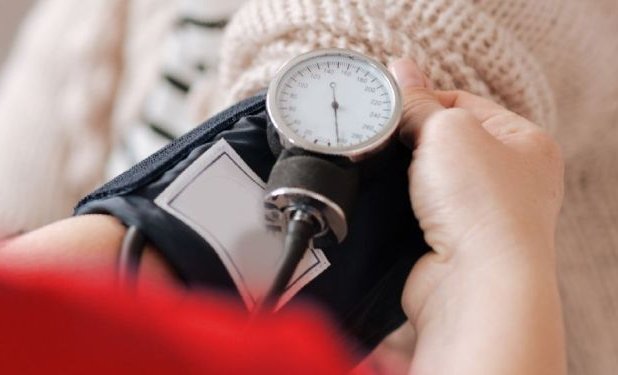Is omega-3 found in fish? Is it good for the heart and the health of pregnant women? Should I consume it in large quantities?
Experts answer these and other frequently asked questions about omega-3, a fatty acid that has gained popularity in recent years.
According to the medical journal Elsevier, omega-3 fatty acids are an essential part of human life and are necessary for the proper functioning of various biochemical processes, cell membranes, brain development, and the physiological functions of the human body.
Nowadays, there are various omega-3 supplements available in the world. This acid is also found in some foods, so it is important to know where to find it and what benefits it provides for our health.
What is omega-3 and what is it used for?
The nutritionist Ruth Estrada, from the Food and Nutritional Security Program (PROSAN), defines omega-3 as a fatty acid that is considered essential for the body due to the cardiovascular protection it provides, as well as its benefits for cognitive development.
Omega-3 is also linked to the prevention of inflammatory processes that the body may develop. For this reason, it is useful for reducing inflammation in the arteries and other organs.
Estrada mentions that omega-3 is found mainly in fish, but also in other foods. However, these food sources are often limited in our region, as nutritionist Cristina Rodriguez mentions. “Omega-3 is an essential fatty acid, which means that our body is not going to produce it, but we have to consume it (…). The problem is that our general diet is very low in omega-3 sources on this side of the world, so the consequences are seen at the health level.”
Is omega-3 good for the heart?
Studies have been conducted on this subject for several decades. Medical journals such as The Lancet have published some research results related to omega-3 and its benefits for the heart. The results of the most recent ones do indicate that omega-3 fatty acids reduce mortality due to cardiovascular disease.
In this regard, Rodriguez adds that it is anti-inflammatory, anticoagulant, and antiplatelet, which favors heart health. On the other hand, data from the Institute of Nutrition of Central America and Panama (Incap) provided to Prensa Libre, mention that omega-3 reduces the risk of arrhythmias (irregular heartbeats), prevents the formation of blood clots and decreases the accumulation of plaque in the arteries.
Other benefits of omega-3
According to specialists, these are other benefits associated with the consumption of omega-3:
- Helps regulate blood pressure.
- Reduces triglycerides.
- Rodriguez mentions that having a good source of omega-3 fat in our diet helps our neurons stay young, which reduces the risk of suffering from Alzheimer’s and other neurological conditions.
- It is beneficial during pregnancy, according to Estrada.
- According to information from Incap, it can help alleviate the symptoms of depression. It also improves eye health.
- Helps maintain healthy, moisturized skin.
- It can help reduce the symptoms of skin conditions such as eczema.

In which foods do we find omega-3?
- Fish with higher fat content
- Walnuts
- Avocado
- Extra virgin olive oil and canola oil
- Flax seeds
- Soy
- Chia seeds (chan)
Estrada mentions that it can be found in some specific fish such as salmon, although this is not so affordable for the market. In addition, the professional mentions that it is also found in sardines, a much more accessible food.

In this regard, Rodriguez says that sardines are a good option, and even mentions that when we forget our lunch during the workday and want to eat something cheap that is nutritious, we can choose to buy a can of sardines and some tortillas instead of instant soup.
When is it necessary to take omega-3?
In the case of supplements, you should always consult a doctor beforehand to find out whether they are necessary or not. Specialists can usually recommend supplementation to lower triglycerides, for pregnant women, and in other cases.
However, Rodriguez says that if we do not consume enough omega-3 in our daily diet, it is important to consider supplementation to avoid omega-3 deficiency, especially if we suffer from heart conditions, always consulting a professional.
Remember that any changes to your diet, as well as the intake of nutritional supplements, should be discussed with your doctor beforehand.























+ There are no comments
Add yours